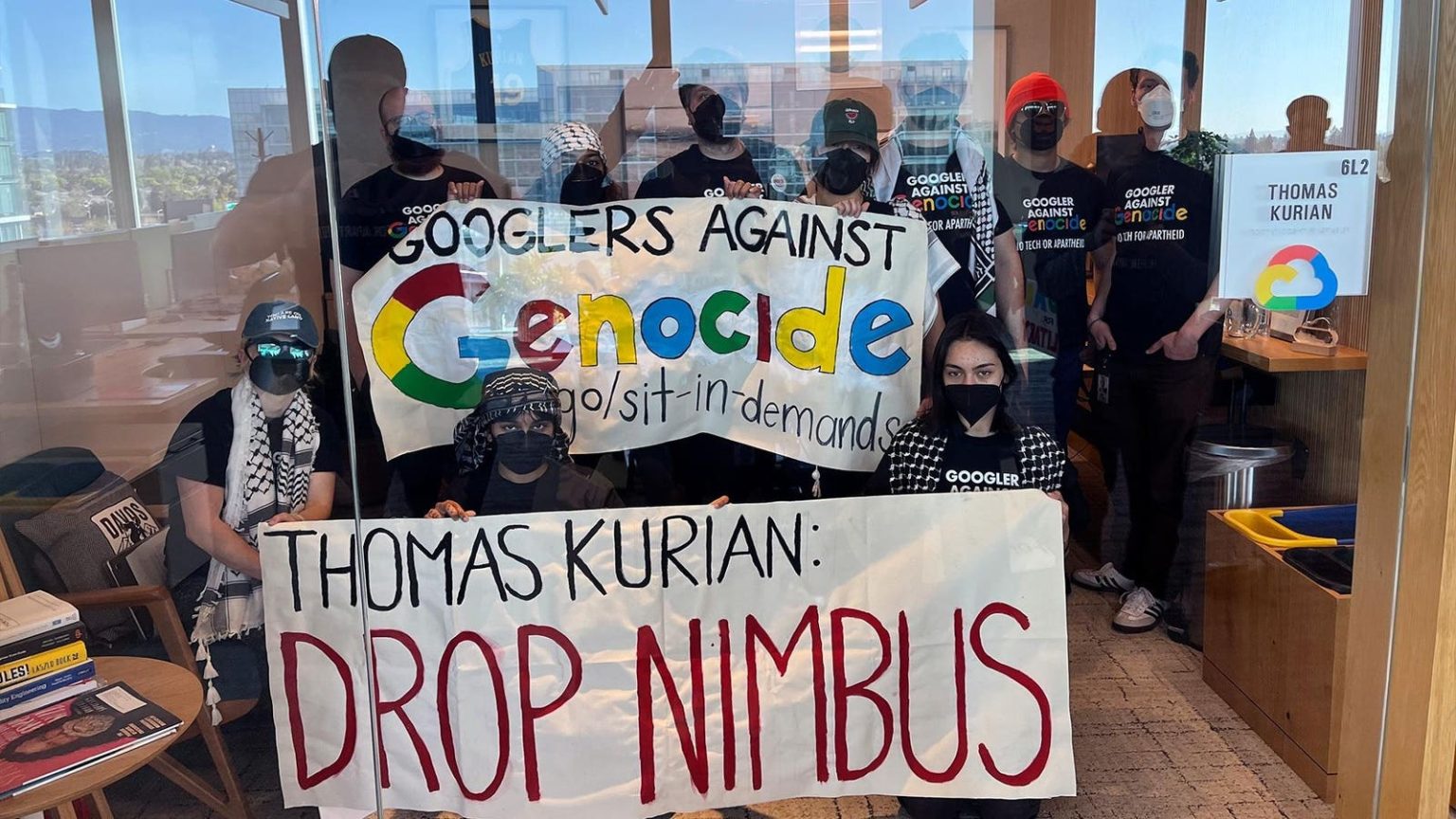The recent firing of 50 employees at Google after protests over the company’s contracts with Israel has raised questions about the rights of workers to speak out at work. The fired employees claim they were unfairly terminated for participating in peaceful protests directly related to their terms and conditions of work. Google, on the other hand, stated that the employees were disrupting and making others feel unsafe.
The case at Google is just one example of a broader trend of workplace activism that has been growing in recent years. With more CEOs taking public stances on social and political issues and employees feeling encouraged to bring their whole selves to work, the environment is ripe for activism to find its way into the office. Additionally, concerns that protests on college campuses could spill into the workplace have employers seeking advice on how to respond.
Employees seeking to engage in protests at work may find that their protections are relatively limited. Most employees are subject to the concept of at-will employment, meaning they can be fired for a variety of reasons unless there are specific laws or contracts in place offering protections. The misconception that freedom of speech extends to private workplaces is a common one, as the First Amendment only applies to government employees.
While protections for employees engaging in protests at work are limited, there are some exceptions. For example, employees covered by certain state laws or who are in unions with collective bargaining agreements may have some protections. The National Labor Relations Act also gives private sector employees the right to seek better working conditions and protect them from retaliation.
The recent ruling by the Biden administration’s National Labor Relations Board, which sided with a Home Depot employee who refused to remove a Black Lives Matter reference from a work apron, has caught the attention of employers. The decision expands the definition of protected speech related to working conditions, potentially offering more protections for employees engaging in activism at work.
Overall, the landscape of workplace activism is complex, with employees facing limited protections but potential avenues for safeguarding their rights. As the line between personal and political beliefs continues to blur in the workplace, both employers and employees must navigate the legal implications of activism on the job. Workers must weigh the risks of speaking out against the potential impact on their future employment prospects.













